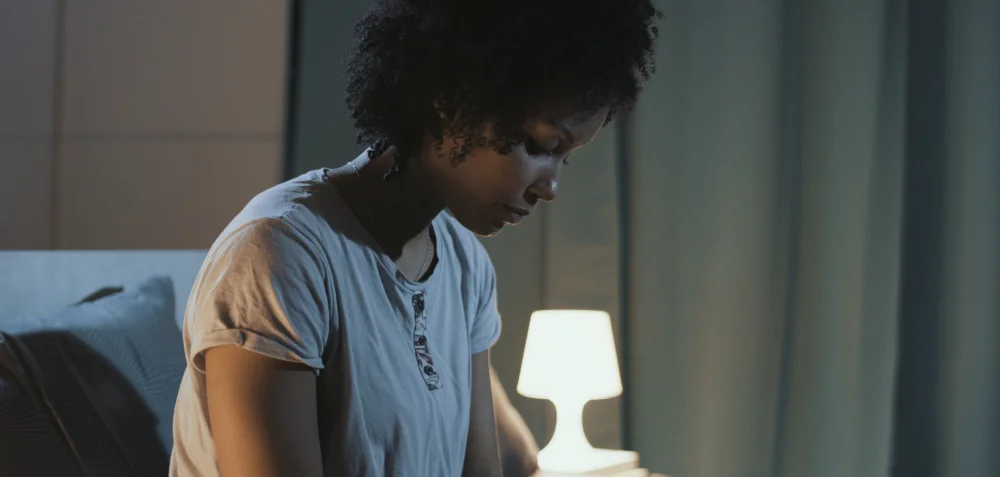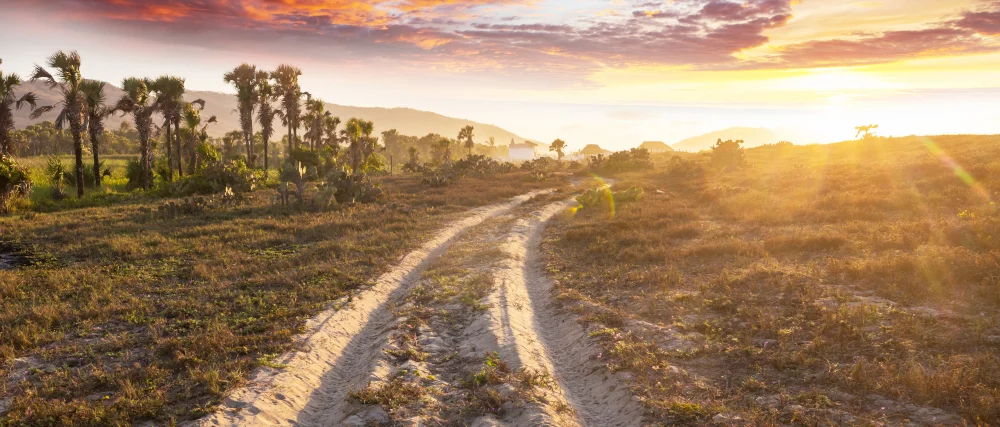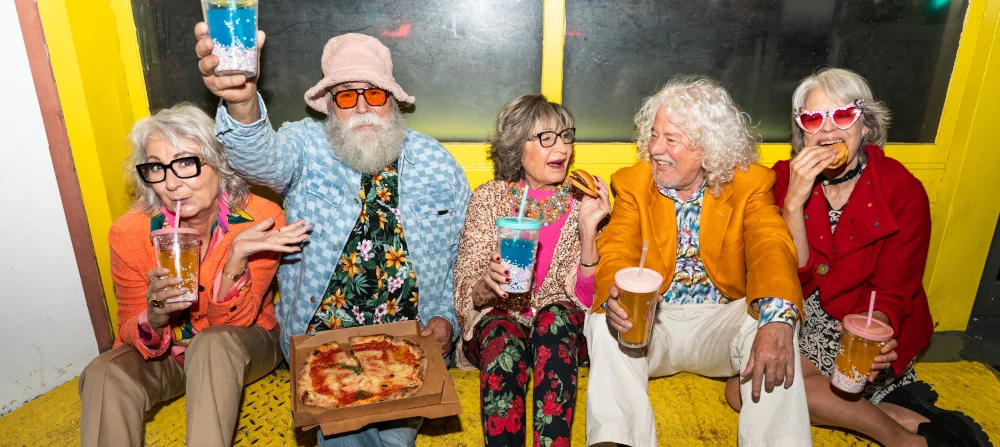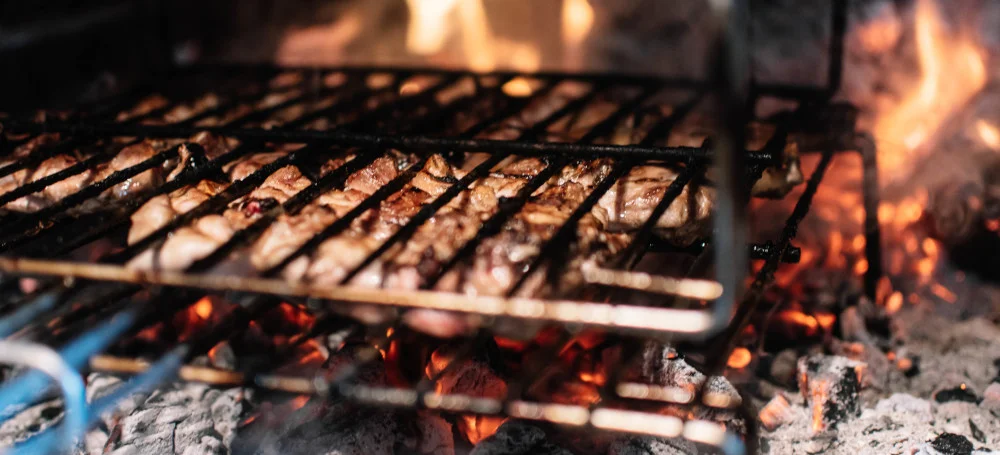
It starts with smoke. Thin at first, rising from blackened wood like a whispered invitation. Somewhere in a backyard in Sebokeng or a windswept rooftop in Mitchells Plain, the unmistakable smell of meat on open flame curls into the air. It doesn’t matter if it’s payday or the middle of a month-long financial drought, if there’s fire and a pack of boerewors, there’s a braai. But what happens around that fire isn’t just about cooking. It’s about decoding the weather inside people. It’s where truths are folded into stories and served between sips of Black Label and mouthfuls of garlic bread.
In South Africa, the braai isn’t a celebration, it’s a code. And the code is only clear to those who’ve stood long enough by the flames to understand it. Ask anyone who’s ever lost a job, a parent, or a bet, they’ll tell you the same thing. The first place they turned to wasn’t therapy or confession. It was the call to gather. The invitation that sounds like, “Bring ice,” but means “I can’t carry this alone.” Around a drum fire or a built-in brick pit, men and women lean in close, not to hear, but to be near. It’s proximity that matters. It’s the ritual of togetherness that shields the vulnerability tucked inside stories told half in jest.
The talk starts slow, sports scores, petrol prices, someone’s cousin who just got a tender. But as the smoke thickens and the drinks start to hit at the edges, the stories change key. Suddenly someone’s talking about a friend who won big on Aviator last month and lost it just as fast. Someone else leans in with an uncle who always plays numbers from a dream his mother had before she passed. It’s not gambling talk, not really. It’s a form of oral tradition. A way of mapping luck through the familiar terrain of flame and folklore.
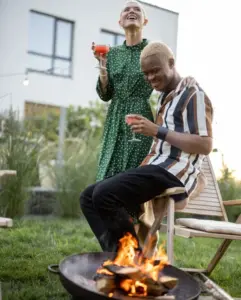 For many South Africans, grief is not something you pour into a therapist’s office. It’s a thing you carry like a pocket stone, smooth and heavy, and only at a braai does it sometimes tumble out. Not directly, not in clean lines. But in the pauses. In the way someone goes quiet when a song from 2002 plays. In the way someone lights a cigarette before answering a simple question. There’s a kind of honesty that exists only in the orange light of fire and the slow rhythm of grilling meat. You don’t say, “I’m not okay.” You say, “Pass the tongs,” and someone hears you anyway.
For many South Africans, grief is not something you pour into a therapist’s office. It’s a thing you carry like a pocket stone, smooth and heavy, and only at a braai does it sometimes tumble out. Not directly, not in clean lines. But in the pauses. In the way someone goes quiet when a song from 2002 plays. In the way someone lights a cigarette before answering a simple question. There’s a kind of honesty that exists only in the orange light of fire and the slow rhythm of grilling meat. You don’t say, “I’m not okay.” You say, “Pass the tongs,” and someone hears you anyway.
Children circle like satellites, catching pieces of conversations not meant for them. Grandfathers tell stories that don’t have beginnings but always find an end. Young couples steal moments under the kitchen light, and somewhere, someone’s phone buzzes with a game notification no one checks. Because here, in this strange in-between space, time slows down just enough for people to be both honest and protected. The braai becomes a forcefield, warm, smoky, and real.
People talk about luck as if it’s some god you have to coax into your corner. And maybe it is. Maybe the chicken wings are a burnt offering. Maybe the ice that keeps running out is a sign. Maybe the friend who always brings too much meat isn’t generous, he’s just been alone too long. Around the fire, everything is a symbol if you stare hard enough. And everyone is decoding it in their own quiet way.
Some walk away from a braai feeling lighter, the grief still there but now shared. Others leave with a new number in their head, the kind they’ll play just once, just in case. And some don’t leave at all. They stay until the last log becomes ash, until the coals glow like the last embers of a memory they didn’t know they needed to keep warm.
In a country where too many things go unsaid, the braai remains one of the few places where people actually speak, even if they never say the thing directly. It’s where loyalty is tested over who brings the salad, where grief is tasted in the overdone meat, where luck is poured into plastic cups and toasted without names. It’s not about the meat. It never was. It’s about the smoke. The signal. And who’s still standing in it with you long after the fire dies down.





